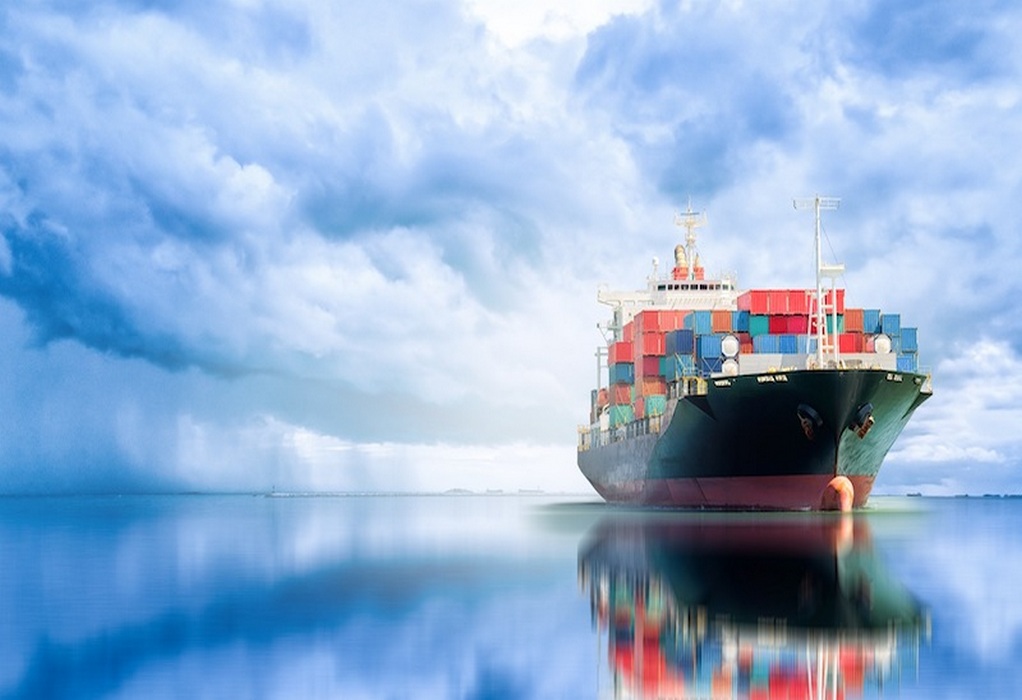According to a forecast released by the classification society DNV reports, the shipping industry will need massive onboard technology investments ranging between $8 to $28 billion per year between 2022 and 2050 to reach full net-zero goals.
DNV released its sixth maritime forecast during SMM, an international maritime trade fair in Hamburg, Germany, urging cross-industry collaboration to help overcome the “ultimate hurdle” of fuel availability.
The publication considers the comprehensive production, distribution and bunkering infrastructures required to enable the maritime industry’s shift to carbon-neutral fuels.
It also presents an updated outlook on regulations, drivers, future technologies, and costs for decarbonizing shipping.
The report models two different decarbonization pathways: ‘Current IMO ambitions to 2050’ and ‘Full Decarbonization by 2050’.
DNV’s modelling points to a diverse future energy mix comprising both fossil and carbon-neutral fuels, with fossil fuels gradually phased out by 2050.
In the forecast, DNV highlights the importance of cross-industry collaborations which are believed to play an important role in making decisions for the future carbon-neutral fuel mix.
Coordinated plans by all stakeholders, including major energy and fuel providers and ports, are crucial while public incentives must encourage first movers to participate in a nascent global network of green shipping corridors, DNV says.
Tags: Bunkering, Carbon Neutral, DNV, Shippig



Recent Posts
Hong Kong Launches Incentive Scheme to Promote Green Maritime Fuel Bunkering
MSC Hosts Sustainability Experience in Antwerp for Global Supply Chain Leaders
Kinetics and Mitsui O.S.K. Lines Sign MOU to Develop World’s First Integrated Floating Data Center Platform
Port Newark installs EV truck chargers at PANYNJ facility
Singapore’s first fully electric tug launched, paving the way for zero-emission coastal logistics ecosystem
Blue Marlin Becomes First Inland Cargo Vessel with Solar-Assisted Propulsion
ABB and Royal Caribbean Partner on 15-Year Deal to Drive Vessel Efficiency and Decarbonization
IET Establishes Centres of Excellence for Green Hydrogen and Electric Vehicle Research